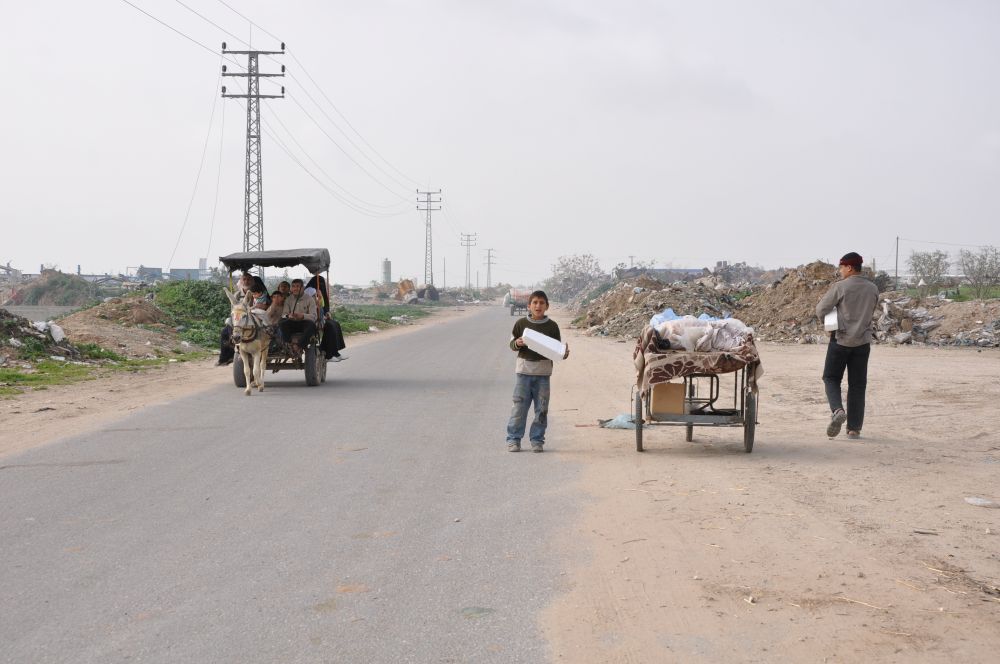
“The situation worsens everyday in Gaza, keep on helping us”. The witness of Fr. Mario Da Silva
Since 2008, the Association pro Terra Sancta has supported the charitable activity of the parish of the Holy Family in Gaza. Don Mario Da Silva, pastor of the Latin church engaged for several years in the Strip, told us about the difficulties and problems that have persisted up until now in recent years and require more and more help and support.
Fr. Mario, how is the situation today in Gaza? What do you remember about your arrival?
It has been eight years since I arrived in Gaza: I immediately saw a very difficult situation, I arrived when everything was destroyed. I had a thought of consolation, sooner or later the situation would improve I said to myself. But then I saw that every year the situation got worse and worse. I arrived in 2012 with the war, a year later in 2013 the tunnels that allowed goods to pass from Egypt to Rafah and reach Gaza closed. Within a few months, prices have increased: for example, 30-cent gasoline has increased to more than one-and-a-half euro (in local currency). It is a worsening of the already problematic situation, given that the unemployment rate in those years reached 40%. In 2014, entire neighborhoods were destroyed. After some internal attempts at political stabilization, we found ourselves facing a general salary cut of 50%. Think of what it means to receive a salary halved, with very high living costs and no job opportunities. At least 120 Christian families now find themselves in real difficulty with a reduced salary, and are only able to cover their debts with the banks. In 15 years we have lost more than 70% of the Christian population of Gaza: in the years 2003 and 2004 there were about 4,500 Christians in Gaza; today the numbers are around 900-1000 Christians.
What is needed and what help do the funds that are sent carry?
Even today there are still many electricity problems, we have only eight hours of electrical supply in shifts, lack of clean water, basic medical assistance services and the presence of poor hygienic conditions. We need to understand how to survive. Families every day must try to maintain what they have to avoid falling into absolute poverty. The demand for help on the basic needs of everyday life is increasingly increasing. For a year and a half, we have therefore been active in organizing the distribution of packages with food and medicines. Furthermore, the Church, through its donors, is carrying out a job creation project, which benefits 64 families. We want to make up for the lack of work by trying to reach mainly young people who are increasingly leaving Gaza.
Thinking about your young people, what does it mean to live “closed”?
Young people live in this open-air prison and have no job opportunities: this is why they do not know how to occupy time. Initially our boys tried to escape from Gaza. It is terrible for a boy to stay in a territory of 5 Km, not to be free and have a future. If there were not all these problems, Gaza would be a nice place and with a perspective, but being closed and with an unemployment rate of 50% it is very difficult to foresee a change. Another problem is that being the Christian community very small and having a higher number of girls, many of them try to go out to get married.
How do you see the future?
In Gaza we don’t have an idea when all this will end; it is perhaps the largest prison in the world. For the past two years there has been more and more desperation, the people of Gaza no longer have only the need for freedom, but for basic necessities to survive. This is precisely why we focus on food, medicine and work. The basis for building a future.